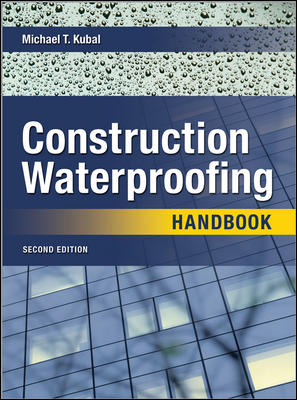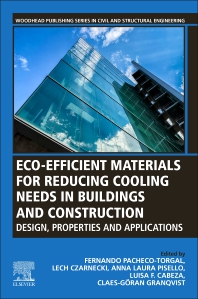Construction Climate Challenge Funds New Research Projects

The construction industry faces many challenges connected to climate change. The Construction Climate Challenge has now selected two new research projects that aim to come up with solutions on how to reduce CO2 emissions within the industry.
The Construction Climate Challenge initiative (CCC) has been funding research studies since 2014. Through supporting and initiating research projects in relevant areas of construction, CCC acts as a bridge between the industry and sustainability research. During spring 2016 CCC launched a new call for major research projects. Two proposals have now been selected to receive funding.
“Research is a very important part of the CCC and can help us to reduce CO2 emissions in the construction industry. The knowledge that exists today is not enough; we must come up with new solutions and methods on how we can work towards a sustainable future and meet the existing challenges,” says Dr. Peter Wallin, CCC Research Manager.
The research request resulted in a large number of submissions from all across the globe.
“We have received enquiries from some of the best universities and research institutes in the world and it has been difficult to choose which ones to fund. The two we have chosen are the ones that were judged to have the greatest effect. We also want the projects to be international so that they can reach out globally.”
The research projects that CCC has selected are within the area of collaboration along the construction industry value chain. They both aim to reduce climate impact in construction. The Impres project at the Swedish Royal Institute of Technology focuses on procurement requirements for sustainability assessment on a global level. The CITT project, at the University of Edinburgh Business School, is developing a tool for construction companies to identify and reduce carbon in the construction supply chain.
“We hope that the research projects will increase understanding of the problems that exist within the industry and that they will contribute to a clear guidance on how to reduce CO2 emissions and how to reach climate goals,” says Dr. Peter Wallin.
The two selected research projects are:
Implementation of Procurement Requirements for Sustainable Collaboration in Infrastructure Project (Impres)
The Impres project aims to contribute to a more efficient implementation of policies and goals for reducing climate impact from the infrastructure sector on a global level, specifically focusing on procurement requirements and the role of international systems for sustainability assessment.
The research project is co-funded by the Swedish research council Formas (through the ProcSIBE project). Project partners are the Swedish Royal Institute of Technology (KTH), Lund University of Sweden, WSP Group and Skanska.
Carbon Infrastructure Transformation Tool Project (CITT)
The project seeks to develop and implement a tool to aid the alignment of supply chain actors through efficient design of incentives and the articulation of key carbon management challenges. The tool itself will demonstrate the embodied carbon and cost impact of each material element used in the creation of an infrastructure asset (identified through the bill of quantities), and will help to drive emission reductions by identifying opportunities to reduce carbon through innovation and supply chain engagement.
The research project partners are the University of Edinburgh Business School in Scotland and Costain Group.
For further information please visit http://constructionclimatechallenge.com/ or contact info@constructionclimatechallenge.com.
Looking for a reprint of this article?
From high-res PDFs to custom plaques, order your copy today!







